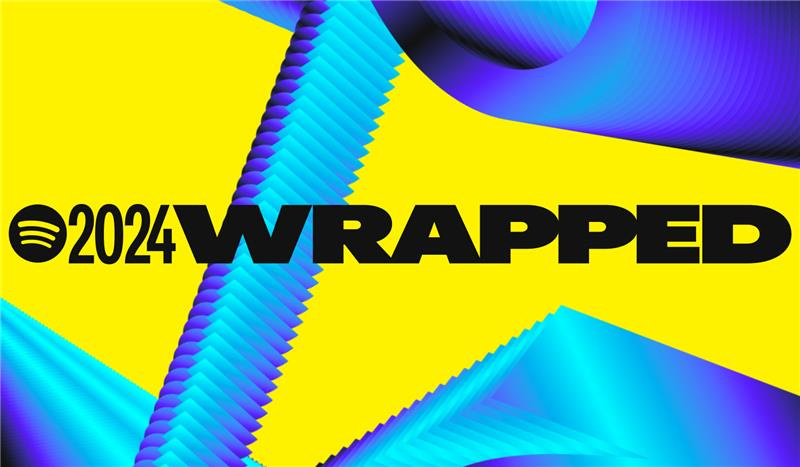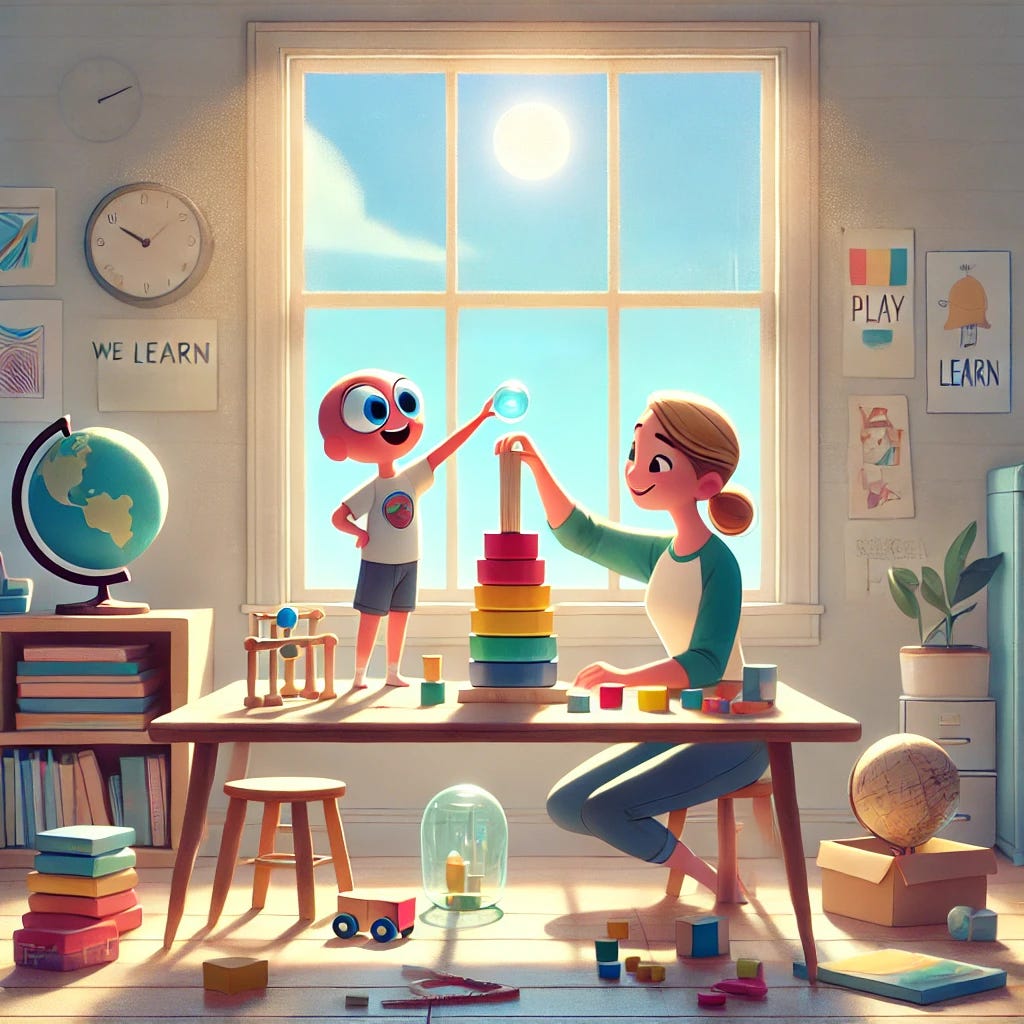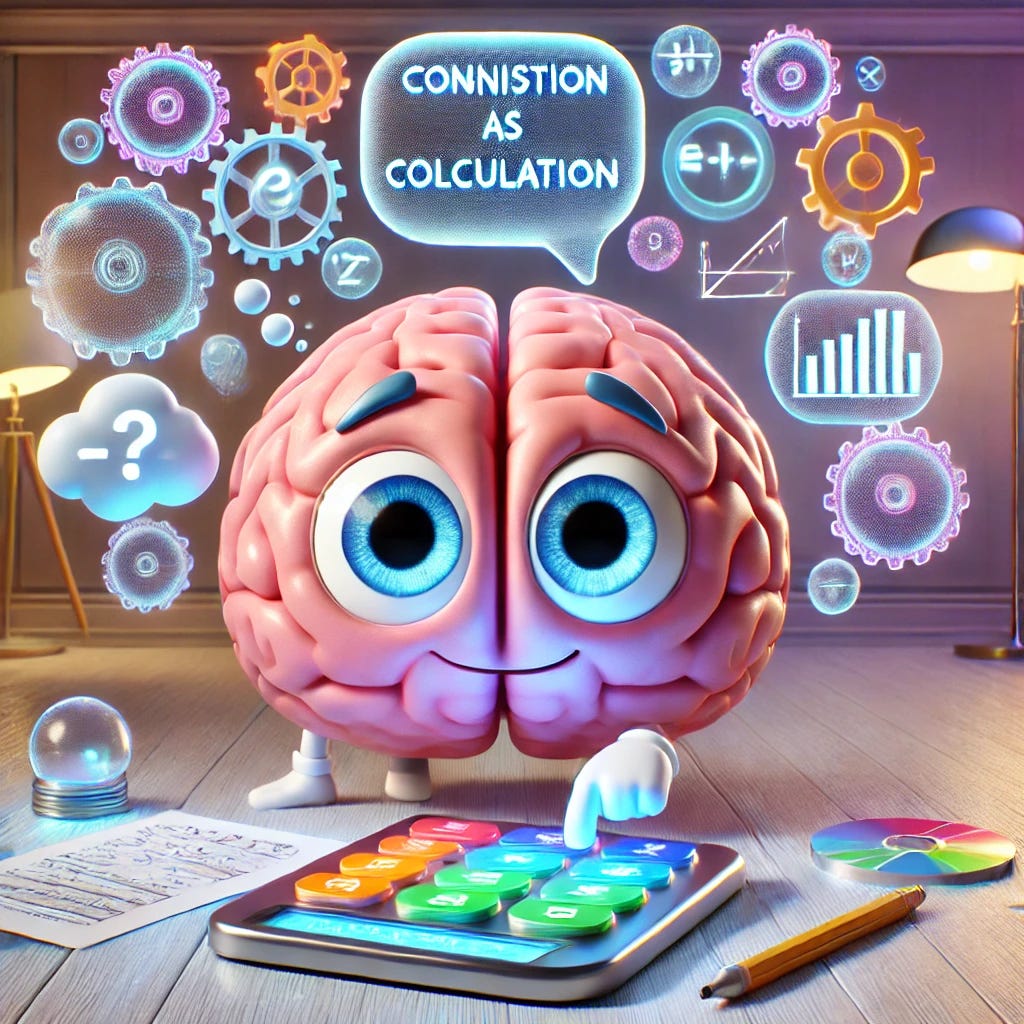My favourite problems unwrapped
Continuing to explore my favourite problems for one more cycle around the sun
When all was said and done, I ended up writing around 13,000 words across 11 pieces in 2024. Most of that real estate (5 out of 11 articles) was centered on exploring the terrain around make learning difficult subjects a lot more like playing games. And like almost everything in our lives in 2024, there was an AI-theme across the board.
It’s been a rewarding journey with many people to thank along the way, and I hope to do very much more of the same in 2025.
Given, that I continue to intend to use this platform “to find fascinating people and make them route interesting stuff to [my] inbox”, I thought it would be valuable to reflect on each of my favourite problems and both highlight the key lessons learned in 2024 as well as outline some planned pieces for the coming year (suggestions, thoughts and feedback welcome).
The first problem I’m trying to solve is “how can we make learning difficult subjects a lot more like playing games?” As noted above, I spent most of my time last year thinking and talking about this problem. The key to solving this problem lies in what one of my former professors at Harvard Chris Dede calls moving to a “process-oriented” model of education where learners see value in the journey itself, rather than the products and artefacts they produce along the way.
The central, but not only, component here remains around harnessing and guiding learner motivation - something games and game designers are very good at. This is butteressed by the somewhat unexpected discovery (for me) of the neurobiological advantages of “play” in exploring new and complex topics.
The year left me even more convinced about the importance of this problem, and in the coming 12 months I hope to write about a pedagogy of play for mastery, dive deeper into how we can create macro-cultures that value learning and growth, dive into the topic of training AI agents as a way to learn, and draw more lessons from game design for educators. A looming question under this thread that I keep coming back to is what kind of learning survives in a world where AI can do most cognitive tasks at growing levels of competence. What journeys will learners still be willing to take? Will play become the only way we learn?
Moving on, I’m continuing to look into “what is the connection between physical performance - especially peak performance - and performance in more traditional ‘knowledge work’? Two primary lessons emerged for me in this domain.
First, the importance of “connection” over “content”. In both physical and knowledge work, the primacy of relationships and the human connection has become very clear - and is at serious risk with the rise of AI.
This is a complex and messy challenge, one that algorithms and language models are not yet well-suited to address. There is a real danger in treating this issue as a purely engineering problem with a single, definitive solution. In reality, the balance between content and connection will vary depending on the context. However, the accelerating drop of the price of content (to almost zero) poses the risk that we plug in a chatbot (“tutor”) into every educational problem.
The second insight lay in uncovering key concepts that bridge physical and mental performance namely ecological dynamics and embodied cognition (who I have my friend Aaron Appleton to thank for). These concepts truly helped me shift away from thinking of the “brain as a computer” and all “cognition as calculation”. Together, these two concepts illuminate the idea of learning as moving in new ways and in turn solidify my personal belief that we can learn alot from making the connection between peak physical and mental performance.
In the coming year, I’m hoping to explore the space of productive failure as a tool towards learning and outline key strategies from managing professional sports teams that can be used towards motivating learners in the classroom.
The last two of my favourite problems (talent density & arabic diglossia) didn’t get much attention in 2024 - at least not in published writing.
On identifying and nurturing pools of top talent, I spent a lot of time last year organizing events for Al Kindi Club (a community for MENA-diaspora in tech & finance that I co-founded in 2021) and that has certainly helped me think a lot about what it takes to identify and highlight top talent.
When it comes to bridging the gap from colloquial to modern standard Arabic, it turns out that having a toddler will teach you more about learning languages than time behind a computer screen or deep in a book (who knew). Nevertheless, the experience of being a parent emphasized to me the importance of music and audio-visual content in imparting language and making it fun (h/t to Luma Fawwaz and the team at AdamWaMishmish for their incredible work here).
For the coming year, I’m hoping to be to do a series of interviews with Arabic teachers, performers and publishers to learn more about their experience in in teaching, producing and interacting in MSA and colloqial (suggestions welcome).
I’m excited again about exploring these areas more deeply through writing, reading, building and investing in the space. If any of these questions aligns with your interests or if you have any thoughts on them do reach out.
Here’s to hoping the new year brings us all more focus, peace, prosperity and closer to a #FreePalestine 🇵🇸.
I hope you enjoyed the last edition of Nafez’s Notes. I’m constantly refining my personal thesis on innovation in learning and education. Please do reach out if you have any thoughts on how to make thinking more visible or any other ideas. If you are building a startup in this space I’d love to hear from you!
Finally, if you are new here you might also enjoy some of my most popular pieces:
The Gameboy instead of the Metaverse of Education - An attempt to emphasize the importance of modifying the learning process itself as opposed to the technology we are using.
Captain Majed & the Arabic Language - Attempting to tackle what I believe is one of the key challenges in the MENA region, Arabic Diglossia, using neuroscience as a lens for understanding the problem and suggesting solutions
Memory & Models: The Power of The Analogies We Live By - Unpacking the key analogies that seem to underpin the debate around building a super tutor using the latest advances in AI
Using First Principles to Push Past the Hype in Edtech - A call to ground all attempts at innovating in edtech in first principles and move beyond the hype
We knew it was broken. Now we might just have to fix it - An optimistic view on how generative AI will transform education by creating “lower floors and higher ceilings”.





